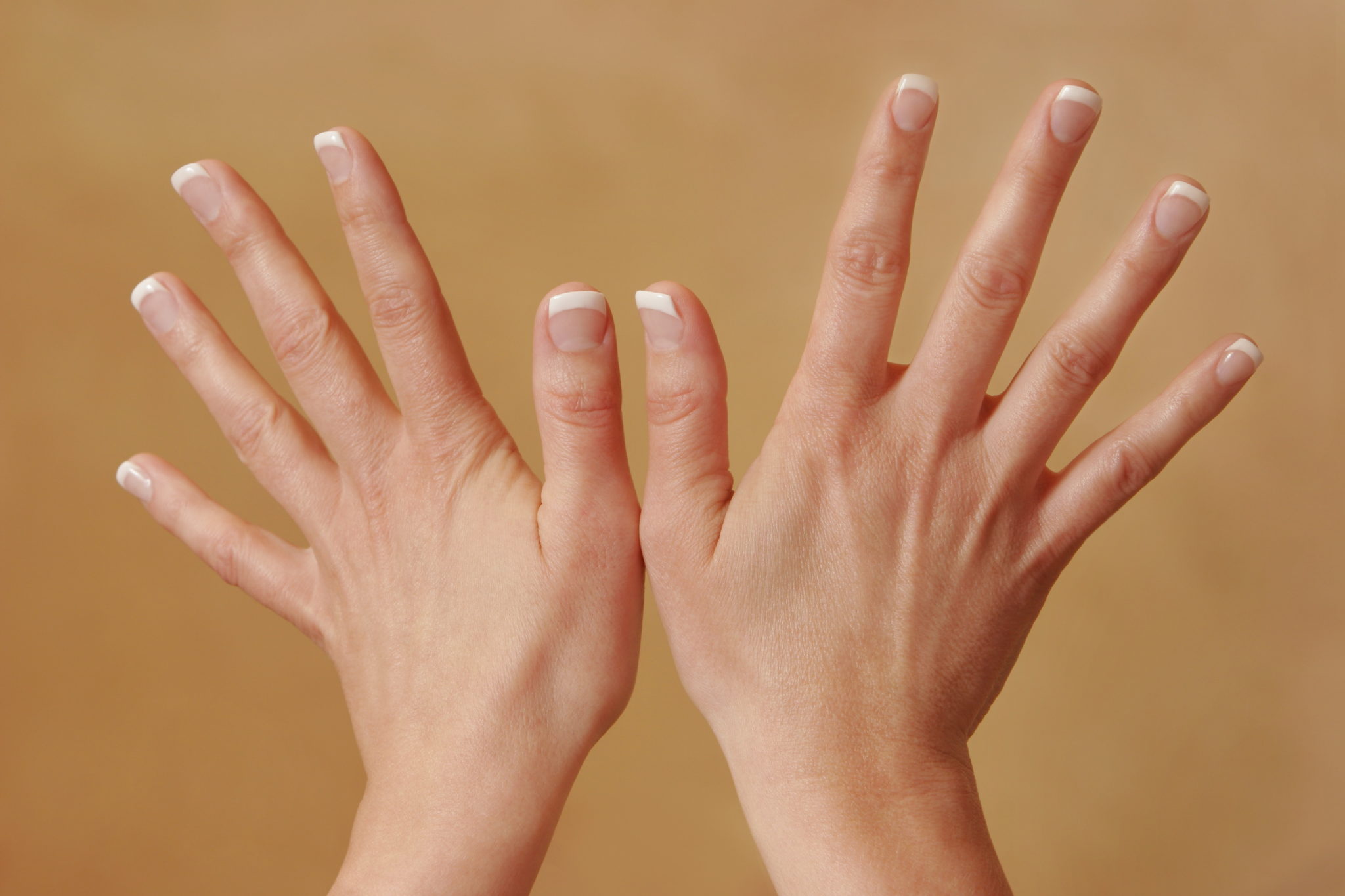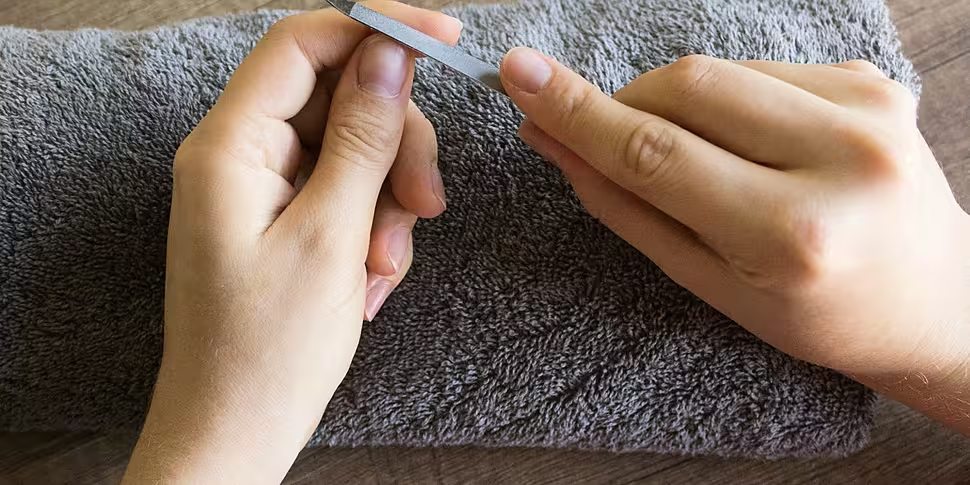Fingernails are something people generally don't think about until there is a problem.
Fungal infections can come from a number of places, while many people may be mistreating their nails as a result of cosmetic treatments.
Dermatology Nurse Selene Daly told Moncrieff people could have a problem and not even know it.
"The curious thing about nails is they don't have a nerve system and they don't have a blood supply," she said.
"So effectively the nail that you're looking at on your hand is dead.
"That's why you can clip your nails, it doesn't hurt you.
"Sometimes you may have a bacterial or fungal infection, for example, and not even realise it".
Ms Daly said toenails and fingernails are slightly different.
"The nails on your toes grow slightly at a slower pace than the nails on your hands," she said.
"Your nails on your hands grow about 3 mm per month, which is practically nothing - it's a half of a rubber on top of a pencil.
"The nails on your feet grow a little bit more slowly."
 French manicured fingernails, 28-4-06. Image: Leah Hammond/Design Pics via ZUMA Wire
French manicured fingernails, 28-4-06. Image: Leah Hammond/Design Pics via ZUMA WireMs Daly said it can be easy to mistreat your nails.
"Our nails are tools, effectively, that the good Lord has given us to do hard jobs during the day, so we do tend to abuse them and use them," she said.
"People who use their hands, like carpenters, can damage their nails really easily.
"When we get older as well we tend to damage our nails, particularly on our feet.
"If you can imagine... someone stands on our toes and you can lose or damage your nail.
"If you're wearing poor-fitting shoes, or if your feet change shape when you become older, then your nails can become permanently damaged as well."
Ms Daly said a nail may never grow back if the matrix - the half-moon shape between the skin of the finger and the bottom of the nail - is damaged.
Shellac and acrylic nails
Ms Daly said many cosmetic treatments that involve chemicals and toxins could also permanently damage the nail.
"You see these nail salons popping up in all over the countryside now; very popular among women to get shellac or acrylic nails done," she said.
"The actual procedure with doing some of these nails means that you can damage the nail permanently.
"They use things like drills to drill down the nail bed, they push back a cuticle, they could damage the matrix.
"You have to be very careful where you go to get your nails done".
'Infected nails'
Ms Daly said your hands and feet are almost equally prone to infections.
"If you're in a swimming pool, for example, and the famous verrucas on your feet, or if there is fungi on the floor it can be transmitted to your nails as well," she said.
"So, it's kind of 50/50 between both to be honest, so it's really important that we protect our feet and our nails.
"We don't have that blood supply to the nail, therefore we can't take a tablet or medication to make that infection go away".
Ms Daly said usually infected nails will grow out.
"In young, healthy people... if they get, for example, a fungal nail the best way to treat it is to let it grow out and just to clip it regularly.
"Sometimes people take oral antifungals for it, which don't work and can affect your liver functions.
"It's really important not to take those medications unless you're under the care of your GP.
"If your nail becomes thickened from infection, or if your nail actually lifts from the nail bed... and fall away.
"It's important to go to a processional to have your nails cut professionally if you find you can't cut them at home safely yourself - particularly if you're diabetic," she added.
The best way to treat nails is to keep them clean, short and to clip them regularly.









